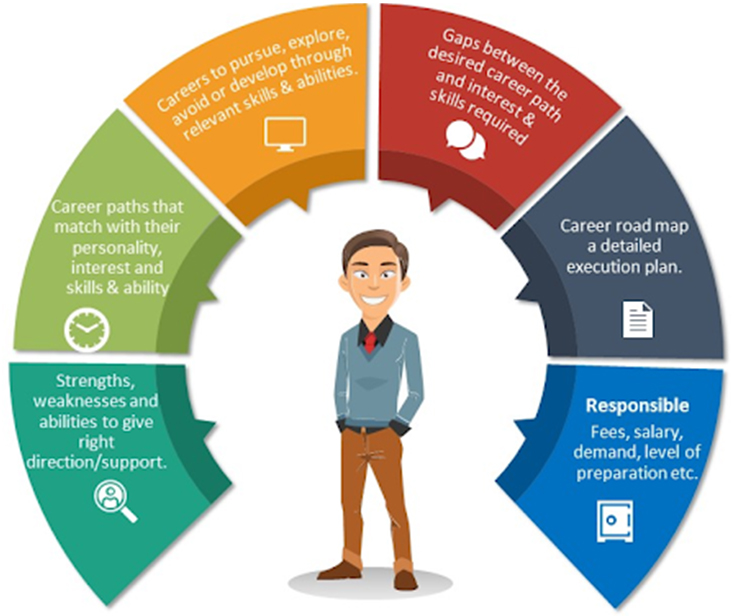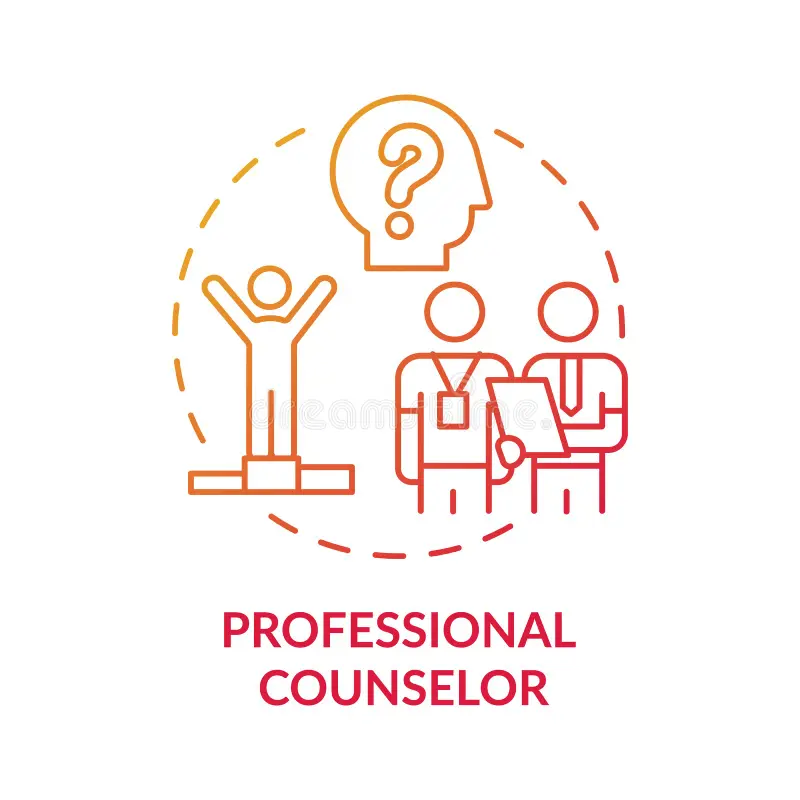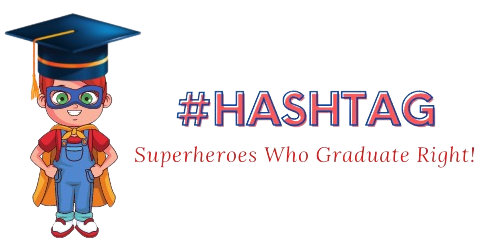With the guidance of career counselors, students can make informed choices that align with their interests, strengths, and long-term career goals, whether it involves pursuing a degree from a college or enrolling in vocational training programs.
The choice between pursuing a traditional college education or opting for vocational training is a pivotal decision that significantly impacts an individual’s career trajectory.
Understanding College Education and Vocational Training
College Education
College education typically involves pursuing a degree program at a university or college, offering a broader and more theoretical approach to education. It includes a wide array of subjects, leading to bachelor’s, master’s, or doctoral degrees.
Vocational Training
Vocational training focuses on providing specific skills and practical knowledge required for a particular profession or trade. These programs are designed to prepare individuals for immediate entry into the workforce.
Importance of Career Counselors in Decision-Making
Personalized Guidance
Career counselors offer personalized guidance, assessing individual strengths, interests, and career aspirations. They help students understand the pros and cons of both paths and how each aligns with their goals.
Exploring Options
Counselors provide insights into various college majors and vocational training programs, helping students explore career options they might not have considered otherwise.
Assessing Career Goals
Career counselors assist in aligning educational choices with career goals. They help students identify which path—college or vocational training—best suits their ambitions and desired career trajectory.

College vs. Vocational Training: Factors to Consider
Career Goals and Aspirations
Students must consider their long-term career goals. Some professions may require a college degree for advancement, while others value practical skills gained through vocational training.
Duration and Cost
College education often takes longer and can be more expensive than vocational training programs. Students must evaluate the time and financial investment required for each option.
Job Market Demands
Researching the job market demands for specific fields is crucial. Some industries may favor candidates with hands-on vocational training, while others prioritize academic qualifications from colleges.
Role of Career Counselors in Decision-Making
Skill Assessment
Career counselors conduct skill assessments to identify an individual’s strengths and weaknesses, aiding in determining which educational path would best complement their skill set.

Education Planning
Counselors help create an education plan aligned with a student’s career goals, whether it involves selecting the right college major or choosing the most suitable vocational training program.
Future Prospects
Counselors offer insights into the potential career paths and growth opportunities available after completing college education or vocational training, empowering students to make informed choices.
Read More Topics
Exploring Various Majors and Careers in College Education:
Financial Aid Options for College Education
Bridging the Gap Between Education and Work Experience
FAQs
Can I switch from vocational training to college later in my career?
Yes, many individuals choose to gain practical skills through vocational training and later pursue higher education in the same field to enhance their career prospects.
Will a college degree guarantee a better-paying job?
While a college degree can improve job prospects and earning potential in some fields, certain vocational training programs can also lead to high-paying careers based on specialized skills.
How do I know if vocational training is the right choice for me?
Career counselors assess your interests, strengths, and career aspirations to determine if vocational training aligns with your goals and desired career path.

Hashtag Counseling – Your Pathway to Informed Career Choices
Hashtag Counseling offers free online career counseling services aimed at assisting students in making informed decisions regarding college education and vocational training. Their experienced counselors provide personalized guidance, resources, and insights to help students chart their career paths effectively.
Visit Hashtag Counseling’s website for free online career counseling services.
In conclusion, choosing between college education and vocational training is a significant decision that impacts one’s professional journey. With the guidance of career counselors, students can make informed choices, considering their interests, strengths, and long-term career aspirations, ensuring they embark on a path that aligns with their goals and leads to a successful and fulfilling career.










